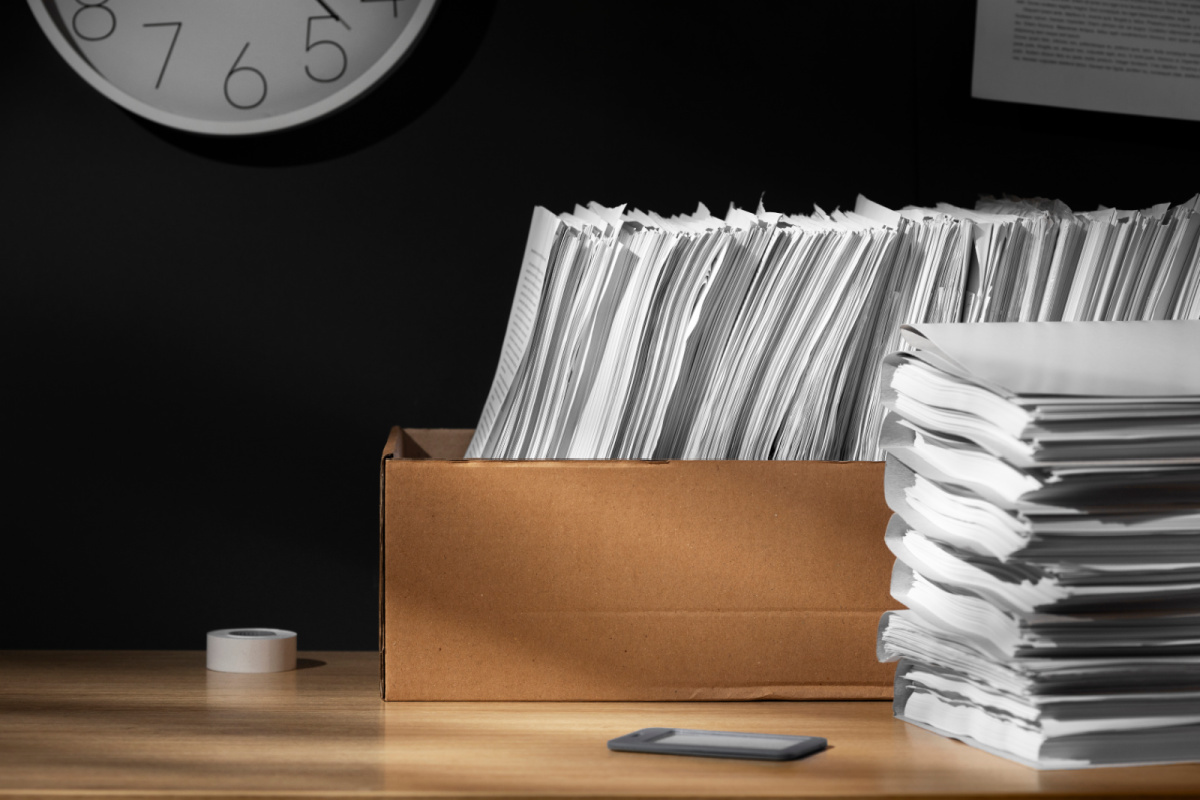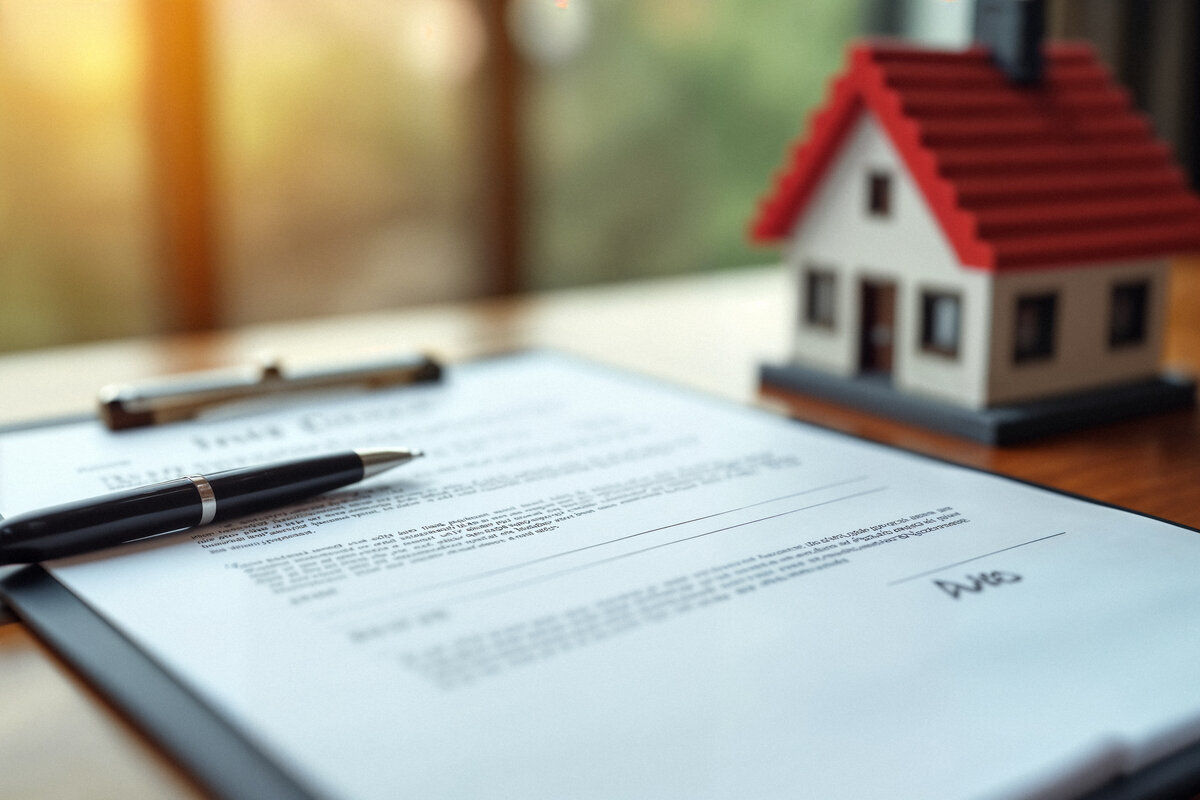One question, that we are receiving with increased frequency, is “can I file for bankruptcy again?” With the COVID pandemic over, and high inflation still affecting the economy, many debtors who have previously filed for bankruptcy have contemplated filing again. While wages have generally increased over the past few years, they have not kept up with the increased cost of living that has been caused by inflation and higher interest rates. Rent, groceries, utilities, credit card interest, insurance, and other living expenses all have gone up considerably. Mortgage rates are also higher, although this is not directly related to interest rates. To offset the higher cost of living, many debtors had to use their credit cards or take out personal loans to cover budgetary shortfalls. In fact, credit card debt is at an historic high at $17.80 trillion, according to the New York Federal Reserve which tracks household credit card debt. As a result, many debtors are now struggling financially, and they have been inquiring about refiling for bankruptcy to obtain the debt relief they need.
The answer to this question “can I file for bankruptcy again?” depends on a number of factors:
- Which chapter of bankruptcy a debtor previously filed under
- Which chapter of bankruptcy a debtor is now looking to file
- When a debtor previously filed for bankruptcy
Sections 727(a), 1328(f) and 362(c) of the Bankruptcy Code put limits on both how often a debtor can obtain a discharge in a bankruptcy case and whether they may receive the benefit of the automatic stay when they refile for bankruptcy. These are the two key benefits of filing for bankruptcy. A bankruptcy discharge eliminates debt and prevents creditors from collecting any further. The automatic stay prohibits the collection of debts and the continued prosecution of lawsuits and stops foreclosure proceedings during the bankruptcy process. Whether a debtor receives these benefits will affect whether a new filing makes sense.
When Can I File Again?
When a debtor asks, “can I file again?” what they are really asking is “can I receive a discharge of my debts again?” or “can I receive a stay again?” As mentioned previously, the answers to these questions depend upon a number of factors. As to whether a debtor can file again, it depends upon what chapter the debtor plans to file, what chapter they previously filed and when the debtor filed their prior case. In order to receive a discharge when refiling for bankruptcy, a debtor must wait the required number of years as set forth in the Bankruptcy Code. This is often referred to as the 2-4-6-8 Rule.
- When filing a Chapter 7 case after a previous Chapter 7 discharge, a debtor must wait 8 years. This is the most common type of refiling. It is typically used by debtors struggling with credit card debt and personal loans. It has the longest waiting period for obvious reasons. The Bankruptcy Code wants to discourage overuse of Chapter 7.
- When filing a Chapter 7 case after a previous Chapter 13 discharge, a debtor must wait 6 years. Please note, there is no mandatory waiting period if 100% of the claims in the prior Chapter 13 case were paid. Nor is there a mandatory waiting period if 70% of claims were paid in the prior Chapter 13 bankruptcy and the Chapter 13 Plan was proposed in good faith and was the debtor’s best effort.
- When filing a Chapter 13 case after a previous Chapter 7 discharge, a debtor must wait 4 years.
- When filing a Chapter 13 case after a previous Chapter 13 discharge, a debtor must wait 2 years.
When a debtor refiles for bankruptcy under these timeframes, they receive the benefits of filing again. At the end of their new case, they will be debt free and can then rebuild their credit again when they receive a fresh stay from the new discharge.
Will a Debtor Receive the Automatic Stay?
With respect to the question of whether a debtor can receive a stay in their case, it depends upon the number of times a debtor has had an active bankruptcy case in the last 12 months. For a homeowner facing foreclosure or a debtor who had a dismissed chapter 13 case, the most important question may be, can they receive an automatic stay again? Sometimes a chapter 13 debtor may struggle with a temporary hardship or change of financial circumstances that causes their chapter 13 case to fail. Once the hardship ends or their financial circumstances improve, chapter 13 bankruptcy may be the best way for a homeowner to stop a pending foreclosure action and get current on a mortgage. The number of times the debtor has previously filed for bankruptcy in the last 12 months and the debtor’s good or bad faith conduct will affect whether they can receive an automatic stay. If a debtor had one bankruptcy petition pending in the last 12 months, the automatic stay will only last 30 days. The debtor can file a motion to request to keep a stay in effect beyond the 30-day period, if the new bankruptcy filing was made in good faith. If two or more bankruptcy cases were pending in the past 12 months, there will be no automatic stay issued by the court. Similarly, if the debtor in this circumstance files in good faith, a motion can be filed by the debtor to impose a stay. Whether a debtor can obtain an automatic stay is a key factor in determining whether it is beneficial to file for bankruptcy again. These rules are used to prevent abuse of the bankruptcy system, often by debtors who are seeking to stop foreclosure sales.
Contact The Law Offices of David I Pankin, P.C.
At the Law Offices of David I. Pankin, P.C., we have over 28 years of experience helping debtors obtain a fresh start through chapter 7 and chapter 13 bankruptcy. If you are struggling financially, even if you have previously filed for bankruptcy, please do not hesitate to contact our offices to schedule a free consultation (either in person or remote). You can contact us at (888) 529-9600 or by using our easy online contact form.






